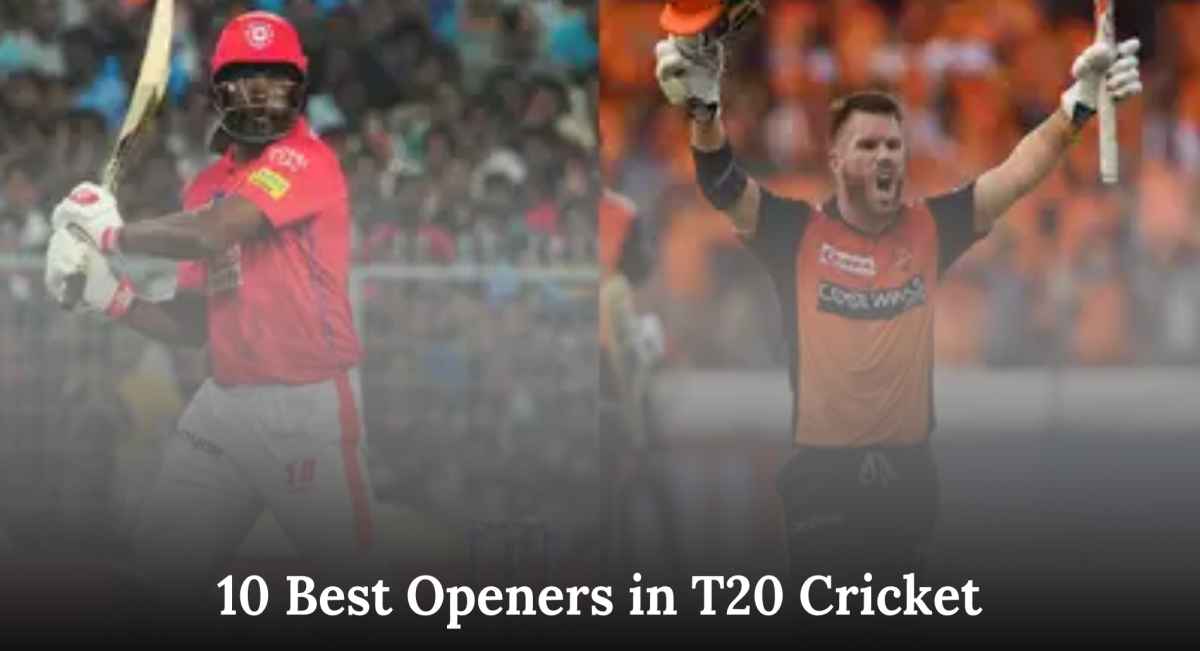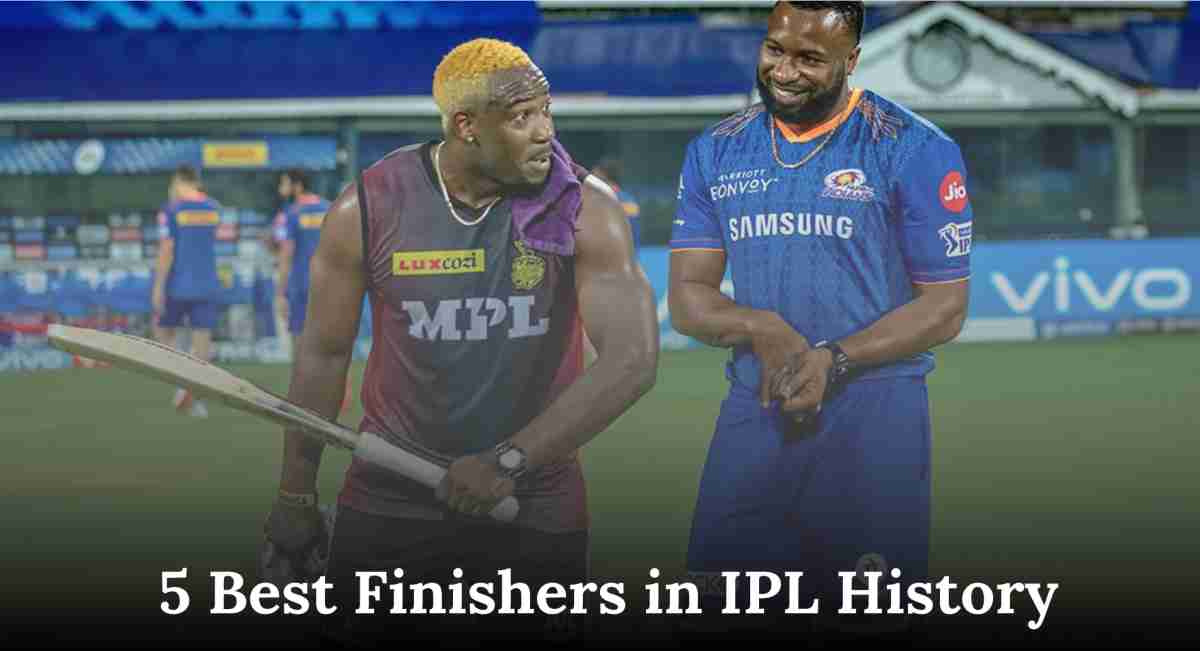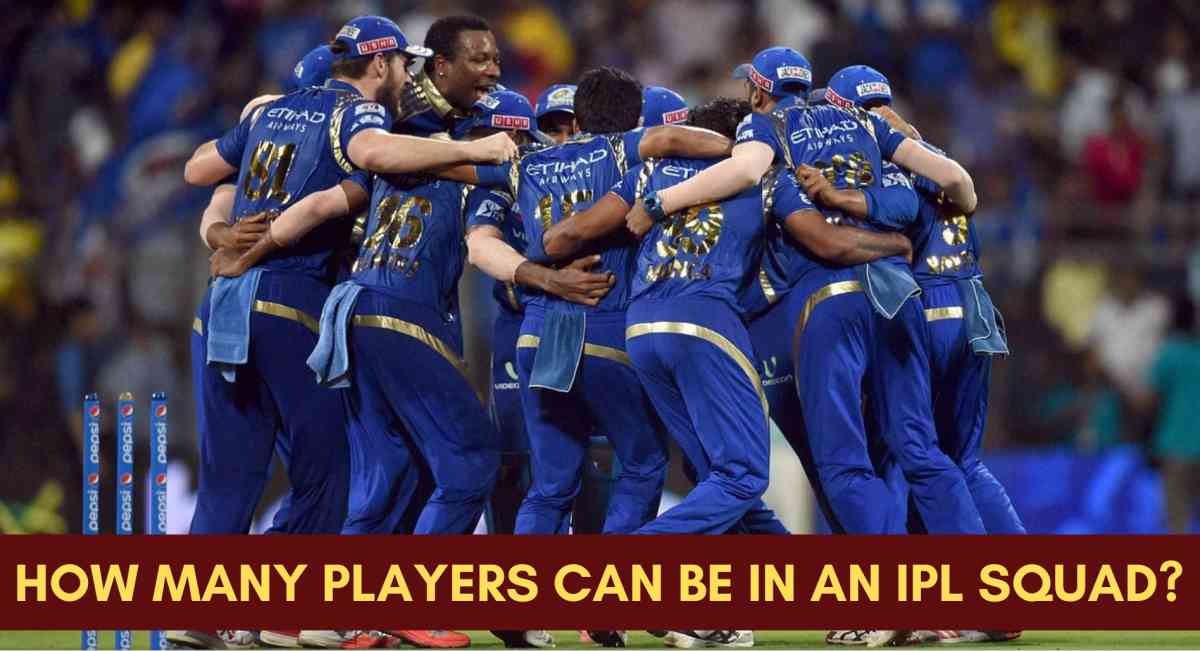IPL Specials
IPL Playoffs – Explained

The Indian Premier League (IPL) is not just a cricket tournament; it’s a festival of cricket that captivates millions of fans around the globe. One of the most exciting phases of the IPL is the playoffs, where the top teams battle it out for the prestigious title.
Let’s dive into the details of how the IPL playoffs work and what makes them so thrilling.
How teams qualify for IPL Playoffs?
In the IPL, the top four teams from the league stage qualify for the playoffs. These teams are determined based on their standings on the points table at the end of the league stage.
The top two teams earn the right to play in Qualifier 1, while the third and fourth-placed teams play in the Eliminator. The winners of Qualifier 1 and the Eliminator move on to Qualifier 2 and then to the final, where they compete for the IPL title.
IPL Playoffs Qualification
The IPL qualification process is based on the performance of teams in the league stage of the tournament. Here’s a detailed explanation of how teams qualify for the playoffs and the rules governing the qualification process:
1. League Stage Performance:
During the league stage, each team plays a total of 14 matches, facing every other team twice (home and away).
Teams earn points based on their performance in these matches: 2 points for a win, 1 point for a no result, and 0 points for a loss.
At the end of the league stage, the top four teams on the points table qualify for the playoffs.
2. Tie-Breaker Rules:
If two or more teams finish with the same number of points, the following tie-breaker rules are applied to determine their position on the points table:
– Net Run Rate (NRR):
The team with the higher NRR in the league stage is placed higher.
– Head-to-Head Record:
If the NRR is also equal, the team with a better head-to-head record against the other tied team(s) is placed higher.
– Number of Wins:
If the head-to-head record is also tied, the team with more wins in the league stage is placed higher.
Playoff Round Games
The top two teams on the points table at the end of the league stage qualify for Qualifier 1.
The third and fourth-placed teams qualify for the Eliminator.
1. Qualifier 1:
Qualifier 1 is played between the top two teams from the league stage.
The winner of Qualifier 1 advances directly to the final.
The loser of Qualifier 1 gets another chance in Qualifier 2.
2. Eliminator:
The Eliminator is played between the third and fourth-placed teams from the league stage.
The winner of the Eliminator advances to Qualifier 2.
The loser of the Eliminator is eliminated from the tournament.
3. Qualifier 2
Qualifier 2 is played between the loser of Qualifier 1 and the winner of the Eliminator.
The winner of Qualifier 2 advances to the final.
4. Final
The final is played between the winner of Qualifier 1 and the winner of Qualifier 2.
The winner of the final is crowned the IPL champion.
How many points are required to qualify for Playoffs?
Since the IPL expanded to a 10-team format, teams have needed to secure at least 16 points to qualify for the playoffs. This means winning at least 8 out of the 14 league matches, a benchmark that reflects the increased competition in the tournament.
Remarkably, there has been only one instance in IPL history where a team managed to qualify for the knockout stages with just 14 points. This highlights the rarity and difficulty of achieving playoff qualification with a lower points tally in the current format.
When did the Playoffs system started in IPL?
The playoff system in the Indian Premier League (IPL) was introduced in the 2011 season. Prior to that, the format of the tournament was different, with the top four teams in the league stage advancing to the semi-finals directly. Starting from the 2011 season, the playoff system was introduced to add more excitement and competitiveness to the tournament.
The playoff system consists of Qualifier 1, Eliminator, Qualifier 2, and the final, providing more opportunities for teams to qualify for the final and win the title.
-

 Schedule9 months ago
Schedule9 months agoPakistan Men’s Cricket Team Home & Away Full Schedule for 2024-25 Season
-

 Cricket Listicles11 months ago
Cricket Listicles11 months agoTen Best Openers in T20 Cricket World
-

 IPL Specials11 months ago
IPL Specials11 months agoThe Five Best Finishers in IPL History
-

 Schedule7 months ago
Schedule7 months agoUpcoming ICC Tournaments from 2025 to 2031
-

 T20 World Cup10 months ago
T20 World Cup10 months agoTop 5: Most Runs in T20 World Cup
-

 IPL Specials11 months ago
IPL Specials11 months agoHow many players can be in an IPL squad?
-

 T20 World Cup10 months ago
T20 World Cup10 months agoTop 5: Most Wins by a Team in T20 World Cup History
-

 T20 World Cup10 months ago
T20 World Cup10 months agoTop 5: Most Sixes in a Single T20 World Cup Edition










